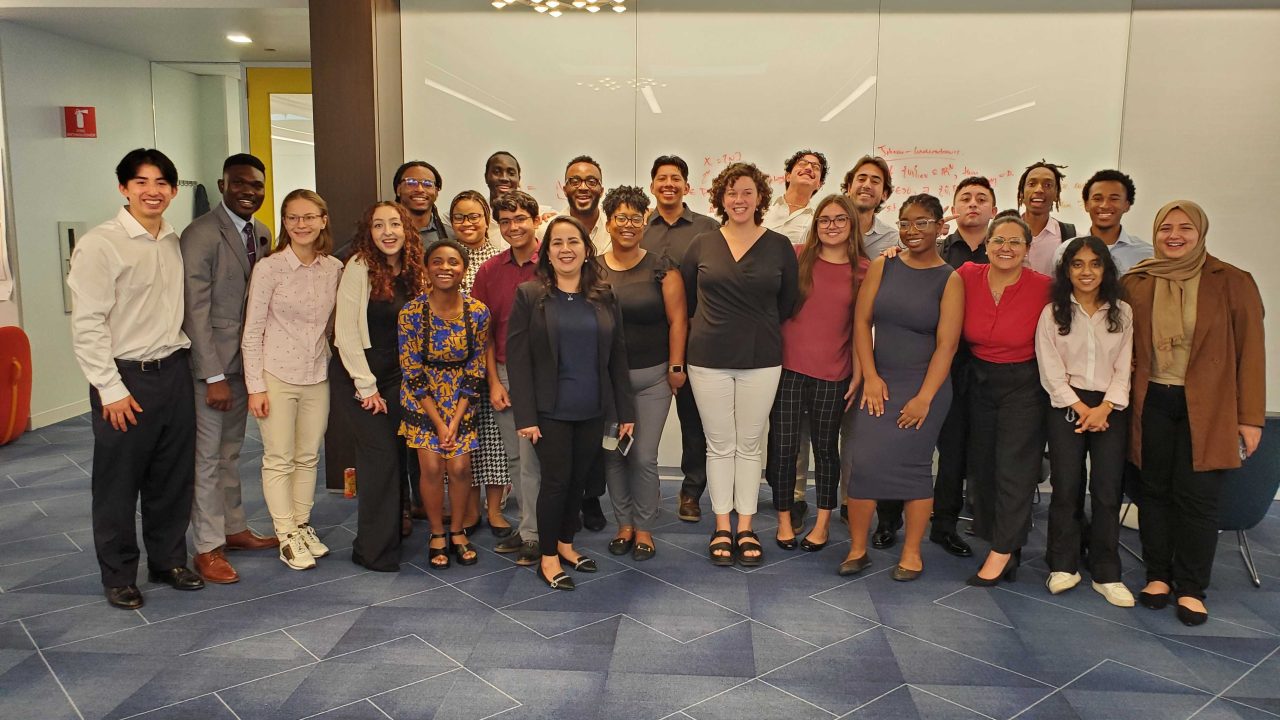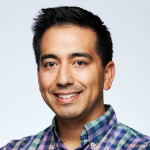Around the globe, data.org’s Capacity Accelerator Network is building a workforce of purpose-driven data practitioners and enabling social impact organizations to unlock the power of data to meet their missions. Across three, and soon-to-be-four, global hubs, diverse groups of academics, data scientists, and nonprofit leaders explore critical questions on financial inclusion, public health, climate, and more.
At the University of Chicago, this collaborative model comes alive.
The University of Chicago Data Science Institute launched a summer program for data science in 2023 that has grown into one of the most robust and in-demand opportunities for young people interested in data science for social impact. The Data Science for Social Impact (DSSI) Summer Program–an epicenter of the US CAN Hub where students from eight participating institutions can apply–offers an immersive eight-week paid research experience.
“We have to show our students that there is real work you can do and real change you can make in this field,” said Dr. David Uminsky, a senior research associate of computer science and executive director of UChicago’s Data Science Institute. “People come away with new networks and new relationships, and our hope is to set people on a really good career trajectory, as well.”
In the course of one summer, students discover how data can advance their careers and partnering nonprofits access critical insights to drive change.
The Challenge
Each year, small teams of DSSI Summer Program participants are paired with mentors and assigned a project across a range of domains, from climate and energy policy to healthcare and human rights. Students work alongside a social impact organization in need of data science support.
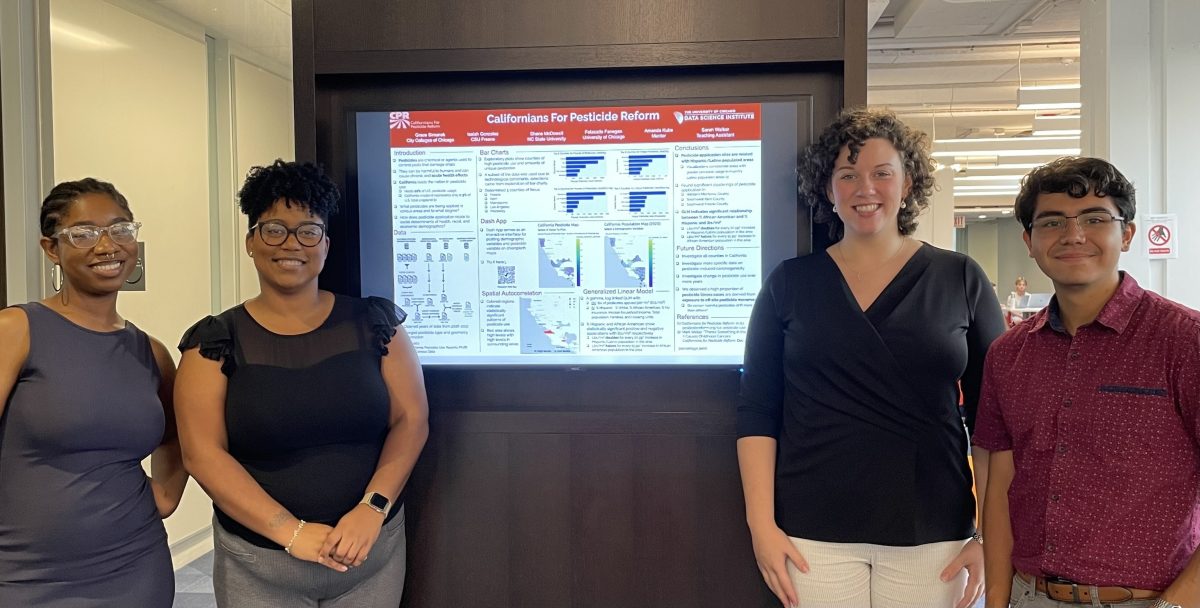
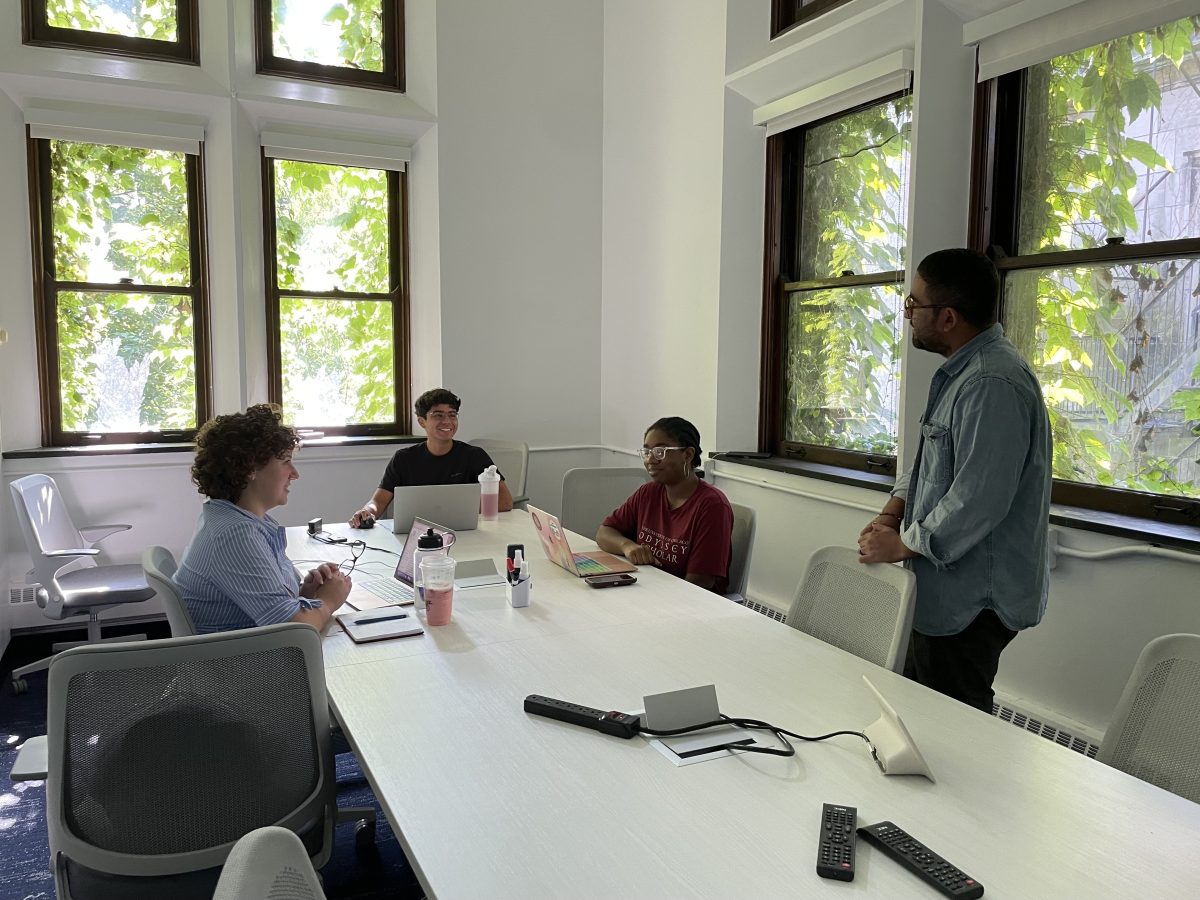
For Isaiah Gonzalez, an undergraduate at California State University Fresno, his project in the summer of 2023 hit close to home. He is a California native and his grandfather worked at a pesticide plant for most of his career.
For his family, it wasn’t an issue they closely considered–until Gonzalez began exploring the data.
“It’s just so normalized here, but California lights up like a lightbulb when you put pesticide use data over the entirety of the state,” he said.
California is home to less than 3 percent of the total cropland in the United States and yet represents 20 percent of the country’s pesticide use. This alarming trend and its impacts on public health in California–as well as the communities nationwide that consume food grown there–was a call to action for advocates in the Golden State. Californians for Pesticide Reform (CPR) was founded more than 20 years ago and now includes more than 190 member organizations.
The coalition aims to eliminate the use of the most harmful pesticides, reduce overall pesticide use, and promote more sustainable pest control solutions. The DSSI started collaborating with CPR through its partnership with the 11th Hour Project and a data visualization project led by the Open Spatial Lab.
We think we can build a sustainable, long term program here and also study the model so it’s replicable at other institutions and local consortiums.
David Uminsky, Ph.D. Executive Director of UChicago Data Science Institute and Senior Research Associate of Computer Science The University of Chicago
The Solution
Gonzalez and his peers on his team, Shana McDowell (NC State), Folasade Fanegan (University of Chicago), and Grace Simunek (Harry S Truman College), along with mentors Dr. Amanda Kube Jotte and Sarah Walker, brought together datasets from California Pesticide Use Reports, US Census data, and the Surface Water Monitoring Database. They cleaned years of data and used township-range information to filter pesticide data by census tracts.
From there, they did a spatial data deep dive to study clusters of pesticide use by geography and then cross-examined demographic impacts against race and ethnicity, median household income, and access to health insurance.
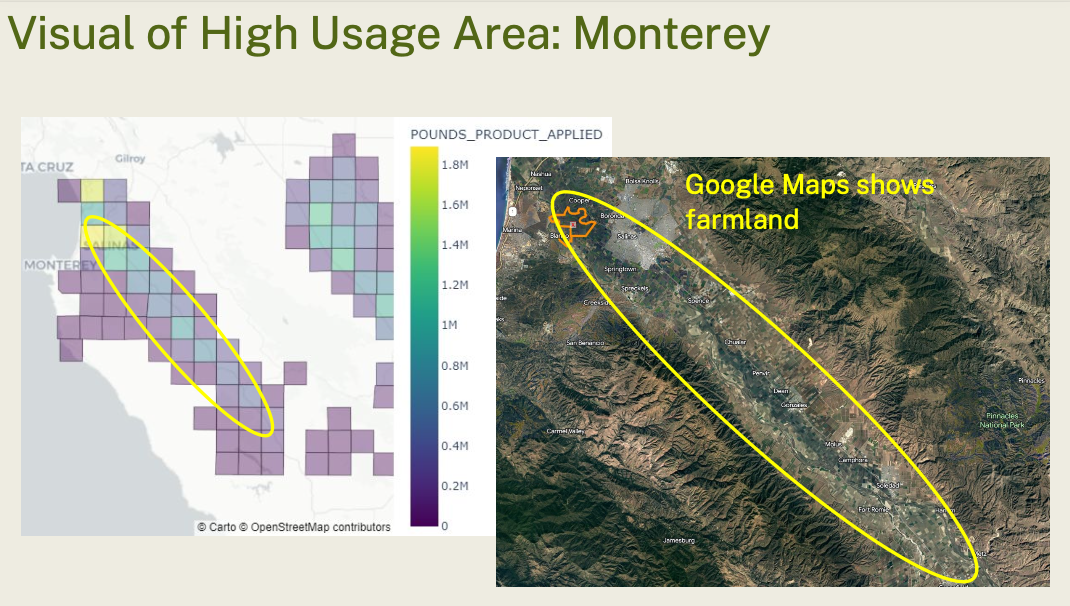
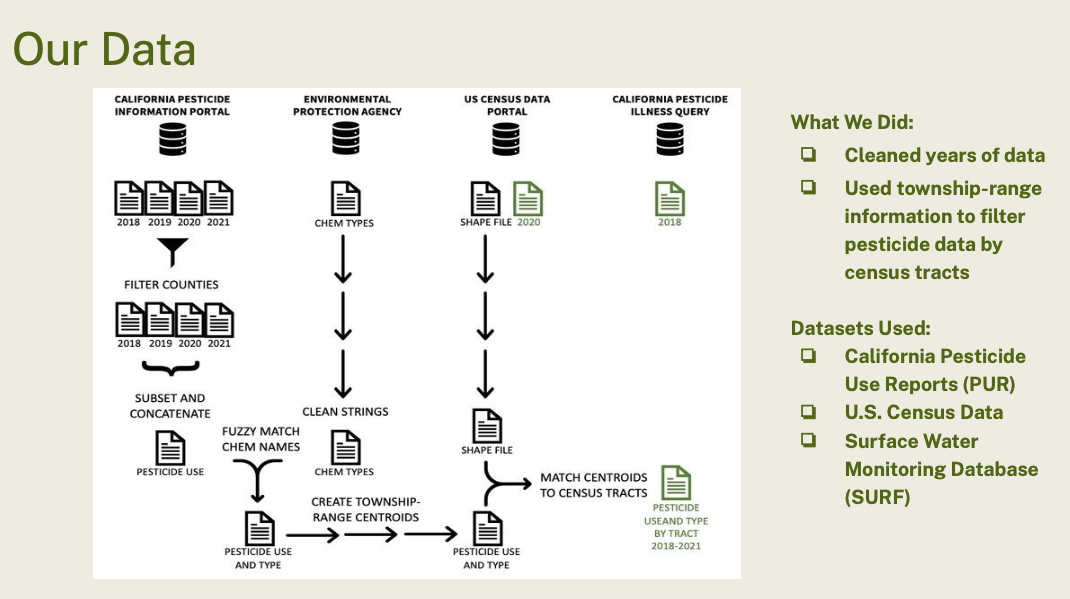
“It was very eye-opening to use my skills to present something that was happening in real life,” said Fanegan, a UChicago data science major with a minor in linguistics.
The result was a set of insights that CPR had suspected but not yet confirmed. Significant overlap exists between pesticide use and areas with higher Latinx populations, and a high proportion of pesticide illness cases are derived from exposure to off-site pesticide movement.
“Part of the value that a university adds to this conversation is this arms-length, rigorous, nonpartisan science,” Uminsky said. “Vetted and rigorous datasets and tools like this are going to give communities the ability to advocate for real policy change.”
According to Susan Paykin, associate director of Community Centered Data Science at the Institute, it also helped Californians for Pesticide Reform consider ways to engage the next generation of advocates that will take this fight forward.
“They were not only excited to hear about some of the insights and findings at the end of the summer, but they were excited and proud that students were engaging in this work and learning about their organization,” she said. “Seeing how their work and specifically this data can be a springboard to engage students was a takeaway for the organization.”
The Takeaway
The data science and analysis coming out of the DSSI Summer Program makes a difference for social impact partners like CPR. The partnership between the nonprofit and the CAN hub continues, and they hope to launch a new visualization and policy tool at the end of summer 2024. These partnerships have also informed a broader body of work, with the US CAN partners creating “Data Science for Social Impact in Higher Education: First Steps,” a playbook for how to expand opportunities for social impact data science learning.
“We think we can build a sustainable, long-term program here and also study the model so it’s replicable at other institutions and local consortiums,” Uminsky said.
Beyond these tools, what excites him the most are the implications for students and their futures.
“I’m really thrilled to see where this goes. I feel like some of my biggest impact can be to shape future students and give them these opportunities,” he said, recalling his own academic journey and a rigorous experiential learning experience that informed his future career path.
For Gonzalez, last summer offered a similarly formative experience.
“I feel like an infinitely better student having gone through the program. It was one of the best things, educationally, that I’ve ever done,” he said. “It is because of this program and because of all the mentor support at the University of Chicago that I have decided to pursue a Master’s degree.”
Fanegan, too, cites the level of support, mentorship, and networking as a key element of the program.
“From this experience, I learned to ask for help and be deliberate in doing that,” she said. “We had so much support from the mentors and the professors here. They really helped us create the project and make a difference.”
The DSSI Summer Program receives hundreds of applications from talented students like Gonzalez and Fanegan for fewer than two dozen spaces, and the demand continues to grow. In the summer of 2024, a new cohort of students will continue the program’s legacy of tackling real-world problems, this time with a focus on natural language processing.
“It doesn’t just reflect the program maturing,” said Paykin. “It reflects the broader interest growing on campuses where this work is taking place.”
